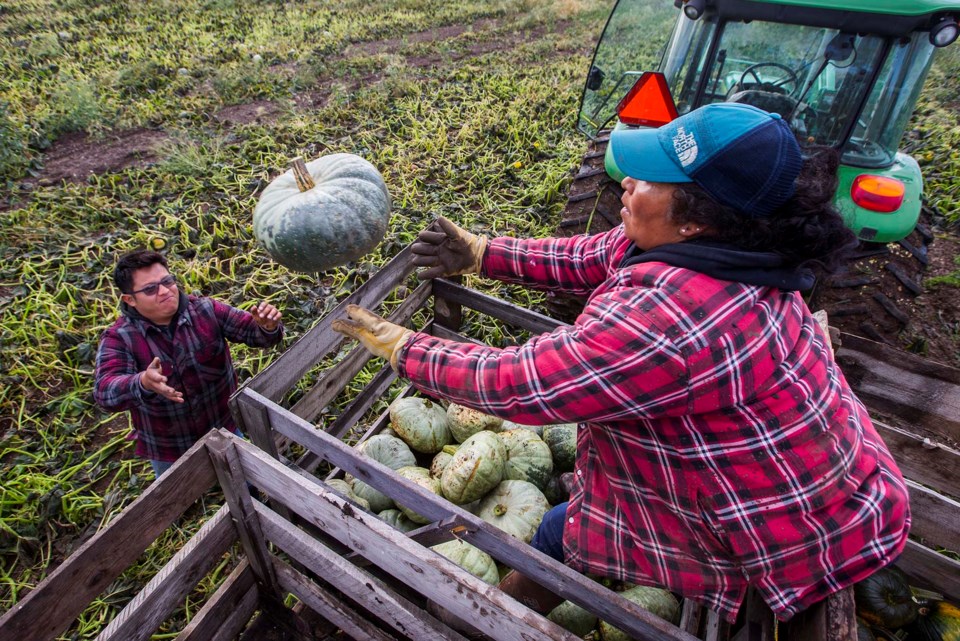Sturgeon County residents will have another chance to weigh in on agritourism rules next month as the diversified agriculture bylaw goes to a second public hearing.
County council voted 6-0 (Coun. Neal Comeau abstained) in favour of second reading of its revised diversified agriculture bylaw Sept. 13.
The county struck an Agribusiness and Agritourism Review Task Force last year to determine how to grow the county’s agritourism industry. Based on the task force’s recommendations, council passed first reading in May of the diversified agricultural bylaw which proposes the creation of two land uses — diversified agriculture and event venue — and the AG-2 land-use district.
Diversified agriculture refers to agricultural activities that bring more traffic than usual for farming to a site, such as value-added processing and farm-life experiences.
Event venues cover places meant to hold events (limited term commercial gatherings such as weddings, retreats, and farm suppers) and facilities for such events.
The AG-2 district would support a greater variety of agricultural activities than regular Agriculture districts. Diversified agriculture was proposed as a permitted (automatically allowed) use in Agriculture and AG-2 zones. Event venues were proposed to be permitted on AG-2 lands and discretionary (subject to review) on Agriculture ones.
New definitions
County administration proposed changes to the draft bylaw Sept. 13 based on comments made at a June 14 public hearing. Speakers at the hearing raised concerns about farm sites that were holding weddings every weekend, creating noise and traffic jams, said Tyler McNab, the county’s project lead of development and safety codes. Many said weddings should not be considered agricultural activities.
McNab recommended that council make event venues a discretionary use on AG-2 lands and disallow them entirely on Agriculture ones.
The revised bylaw also redefined diversified agriculture so as to exclude events that are not primarily agricultural in nature such as weddings, retreats, ceremonies, and corporate functions.
Speakers at the public hearing said events were not agriculture, and merely having a wedding on a farm did not make that wedding agricultural, said Travis Peter, the county’s general manager of development and strategic services. Under these revisions, someone who wishes to host weddings or corporate retreats on a farm would have to rezone their land to AG-2 and apply for a permit, the approval of which could be appealed by others.
“It is a means to allow their neighbours to have a say,” Peter said.
In an interview, agritourism task force member Tam Andersen (who had yet to review the Sept. 13 revisions in detail) disagreed with the idea that weddings on a farm were not part of diversified agriculture, noting that said wedding could involve local chefs preparing food with ingredients from the farm. She also favoured keeping event venues as a permitted use on AG-2 lands to allow businesses to innovate. She suggested council follow Ontario’s lead and implement a detailed definition of diversified agriculture, one which specifies what farm-related features an event should have before it would be considered part of diversified agriculture.
Council voted 7-0 to hold a public hearing on these revisions Oct. 6 in council chambers at 5 p.m.




